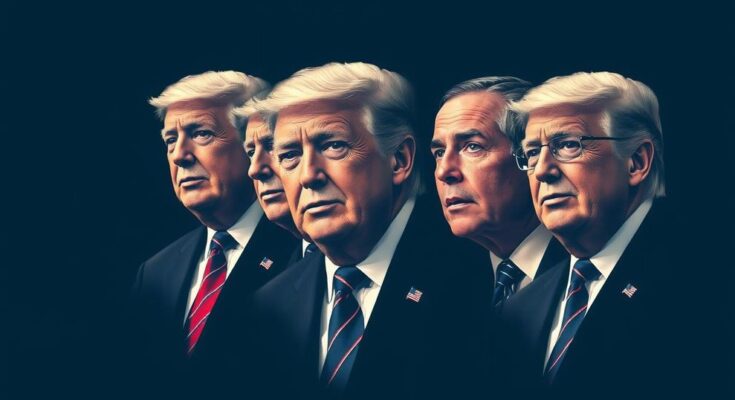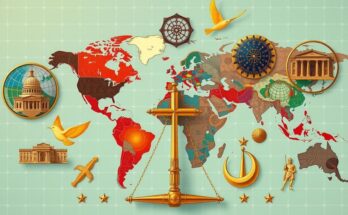Fortune magazine has long been synonymous with power in business. This year’s evaluation of the Most Powerful People in Business culminated in the selection of Elon Musk as the top figure, given his extensive influence through multiple enterprises and anticipated involvement in the incoming Trump administration. The ongoing discourse also examines the implications of political dynamics on global business relations.
In 1929, Fortune magazine faced a pivotal decision in naming itself. While considering options like “Tycoon” and “Power,” its founders ultimately opted for a different title, yet the essence of power has remained central to the publication’s identity ever since. Throughout its history, Fortune has distinguished between those who wield power effectively and those who misuse it. This has included the creation of lists highlighting influential individuals, notably the Most Powerful Women in Business initiative launched in 1998 to address gender inequality in leadership roles. This year, Fortune undertook a comprehensive metric-driven approach to redefine power in the business realm, asking a challenging question: “What is power?” The evaluation criteria encompassed both quantitative aspects, such as the scale and health of a company, and qualitative measures, addressing the innovation and influence a leader exerts. Eventually, after extensive deliberation, Elon Musk emerged as the most powerful figure this year, leading Tesla, X, and SpaceX. His prominence is further amplified by his expected role in the forthcoming Trump administration, where he will influence key areas such as artificial intelligence. Musk’s unique status as a dominant business figure is highlighted by the significant reach of his communications on social media, making his influence unmatched among peers. Concurrently, readers may also explore pieces detailing other influential figures, such as Jensen Huang of Nvidia and Mark Zuckerberg’s strategic pivots at Meta. Furthermore, the article contemplates the implications of a second Trump presidency on the business landscape, guided by insights from Ian Bremmer of the Eurasia Group. His analysis emphasizes the crucial nature of America’s international ties in a world where corporations operate on a global scale, potentially leading to profound changes in international relationships that will mandate careful attention from business leaders. In sum, the article not only unveils who holds the reins of power across industries but also probes into the evolving nature of influence and leadership in a rapidly changing political and economic environment. The overarching narrative invites readers to rethink their perceptions of power in the current business context.
The concept of power has been intrinsic to Fortune magazine since its inception, reflecting the publication’s continuous interest in the most impactful individuals and companies in the global business landscape. Over the decades, Fortune has adapted its lenses on authority, significantly influenced by both gender imbalances and the changing nature of corporate leadership. The 2024 election posed new dynamics in this scrutiny, prompting Fortune to redefine and expand its criteria for evaluating power in the context of both corporate citizenship and leadership effectiveness.
The assessment of power within the Fortune framework presents a timely reflection on the decisive role played by leaders like Elon Musk in shaping business narratives. With a meticulous approach to measurement and analysis, this year’s rankings not only spotlight outstanding individuals but also prompt deeper conversations regarding the implications of political relationships and the global economy. The future of business will undoubtedly hinge on the nature of these relationships and the evolving definition of influence in an interconnected world.
Original Source: fortune.com




